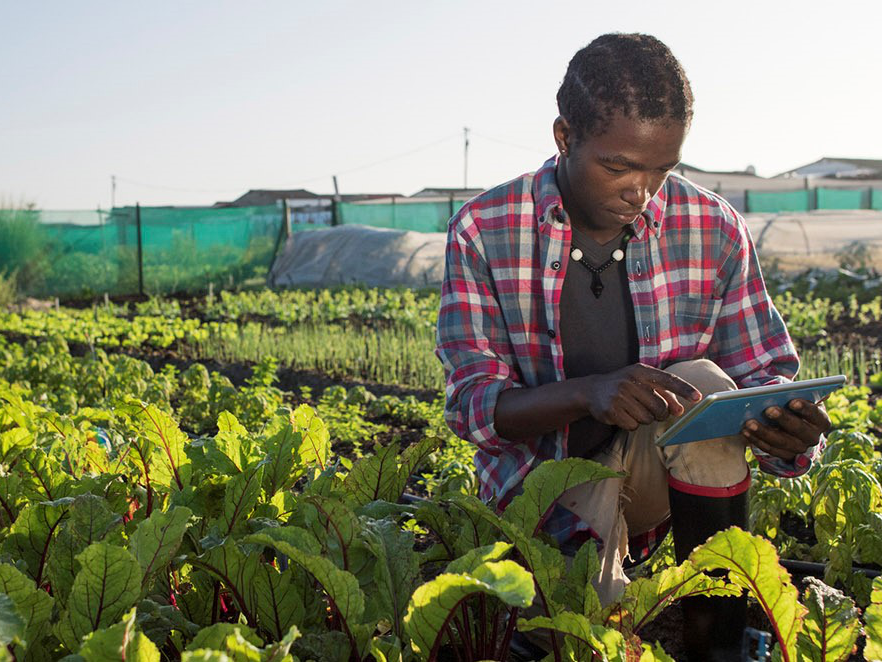
Street view: Powering Africa
Access is a necessary but not sufficient condition for energy demand growth. Without this growth African nations will fail to meet development goals and harvest the demographic dividend covered elsewhere in this publication.
With rapidly expanding populations and maturing regulatory frameworks, headline figures show African demand growth is significantly outstripping developed markets in the next quarter century.

Electrifying the continent has been, and will continue to be a focus of politicians and development aid institutions alike, as is reflected by the UN’s SDG 7, to “ensure access to affordable, reliable, sustainable and modern energy for all”. In 2013, 640 million people in Africa lacked access to electricity, three years later that figure had shrunk to 590 million.
However, access to electricity does not equal consumption of electricity and whilst the correlation between economic growth and energy usage is clear, the causal relationship between the two is less so.
Increased access to electricity enables higher value-add economic activities to advance. However, realisation of these opportunities and improved living standards, depend on many factors. Today, Sub-Saharan Africa’s average electricity consumption per capital of 485 kWh is the lowest of any region of the world. For comparison, the India and UK averages are 805 kWh and 5,450 kWh respectively.

At Actis, we are confident that demand growth will be achieved in Africa, but the disbursement of this growth will be uneven, requiring careful and well informed investment decisions to capitalise on the macro opportunity.
Some markets have already begun to focus on utility scale grid-based solutions, notably South Africa and Egypt, where to date ~6GW of wind and solar is operating or in construction. However developments in technology and declines in the capital cost of solar in particular, are unlocking alternative electrification options, especially in smaller markets …

Rural demand growth; rural solutions
Despite urbanisation growth, Africa remains a predominantly rural continent, with low levels of population density and vast and often inhospitable tracts of land separating settlements in many countries.
For these populations, the energy bottleneck is not a lack of generation capacity, but insufficient transmission and distribution lines. The last twenty years have seen large scale build outs of grid infrastructure, most notably in Kenya, but very little progress has been made elsewhere. The capital intensity of such projects suggests more opportunity for private sector participation in grid build-outs. Actis’ experience investing in distribution operators in Uganda (Umeme, Actis investment 2009-2014) and Cameroon (Eneo, Actis investment 2014 onwards) makes us well placed to participate in such processes.
For the most rural populations, the costs and time involved in connecting them to the grid means that alternative solutions must be found if universal access is to be achieved. Distributed “mini-grids”, offer a cost effective alternative to full grid build out and can also be built much more quickly. These are typically village-scale solar installations paired with batteries and local distribution lines. Mobile phone based pre-payment technologies, coupled with digital metering, mean that these remote grids can be managed centrally and other services, such as Wi-Fi, can also be provided by them. Whilst to date the distributed generation sector has been small, we anticipate that it will have increasing importance going forward.
Momentum in the energy sector in Africa is positive, with a clear need for private sector capital and know how. There will continue to be a demand for new utility scale generation projects, however it would be naïve to presume that Africa will inevitably follow a well-worn path of electrical infrastructure build-out in the future. The continent’s challenges are unique and the solutions to meet them will be Africa specific. Technology leapfrog provides the answer to some questions, however we anticipate that evolving business strategies will also be critical. The Actis team is excited about the Great African Switch On.